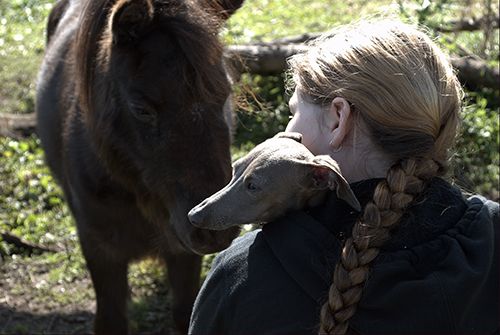No products in the cart.
Animal Care
The Benefits of Aromatherapy for your Pets
Can animals benefit from essential oils? Good question! Your animals are important to you so it makes sense that you’re interested in using natural, chemical-free essential oils to enhance the health and wellbeing of your pet.
We have partnered with health care practitioners who specialize in animal care and have experienced the following benefits when using essential oils:
- Enhances the bonding experience
- Sets a calmer, more cooperative mood and positive reinforcement in training sessions
- Deodorizes bedding and car upholstery
- Prevents fleas without the use of harmful chemicals
- Provides safe first aid care, if administered correctly
Please visit our blog for tips, advice and anecdotes on a variety of ways essential oils can be used for animals – ranging from bees to horses!
